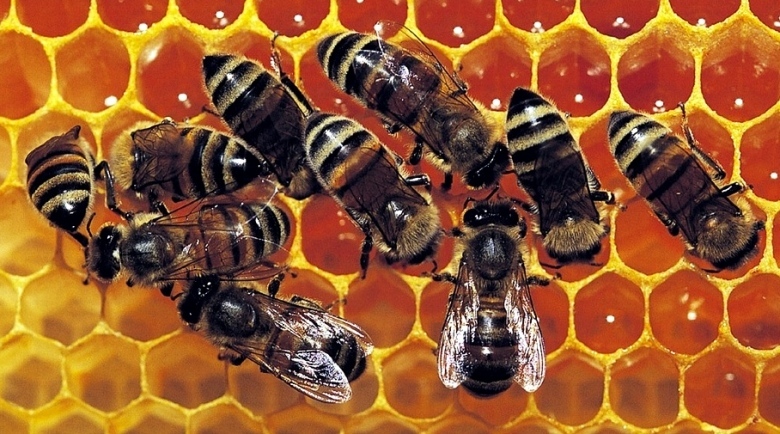
It’s a sad fact that even though bees are essential to pollinating crops, they’re also harmed by the pesticides used on those very same plants.
Thanks to a new discovery a bee-friendly pesticide could soon be cheaper and easier to produce.
Certain plant families, such as citrus and mahogany, naturally produce organic chemicals known as limonoids.
These substances help protect the plants from pest insects, while not harming bees.
One limonoid – called azadirachtin – is already used in both traditional and commercial farming operations, as a natural-source, fast-acting, bee-friendly pesticide.
Like other limonoids, it has to be extracted directly from the plant which produces it … in limited amounts.
Because it hasn’t been possible to inexpensively produce the chemical in large quantities, it’s not nearly as widely used as it could be.
Scientists from Britain’s John Innes Centre mapped the genome of the Chinaberry – which is a member of the mahogany family – and used molecular analysis to identify the enzymes in the biosynthetic pathway which the plant uses to produce azadirone.
Colleagues at Stanford University in the US used the same technique to reveal the enzymes that citrus plants use to produce kihadalactone A, another limonoid.
Armed with this knowledge, the researchers were able to create genetically engineered Nicotiana benthamiana plants which produced large quantities of the two limonoids.
Processing commonly farmed plants like Nicotiana benthamiana would reportedly yield much greater amounts of liminoids than is currently possible, plus it would be considerably more sustainable.
